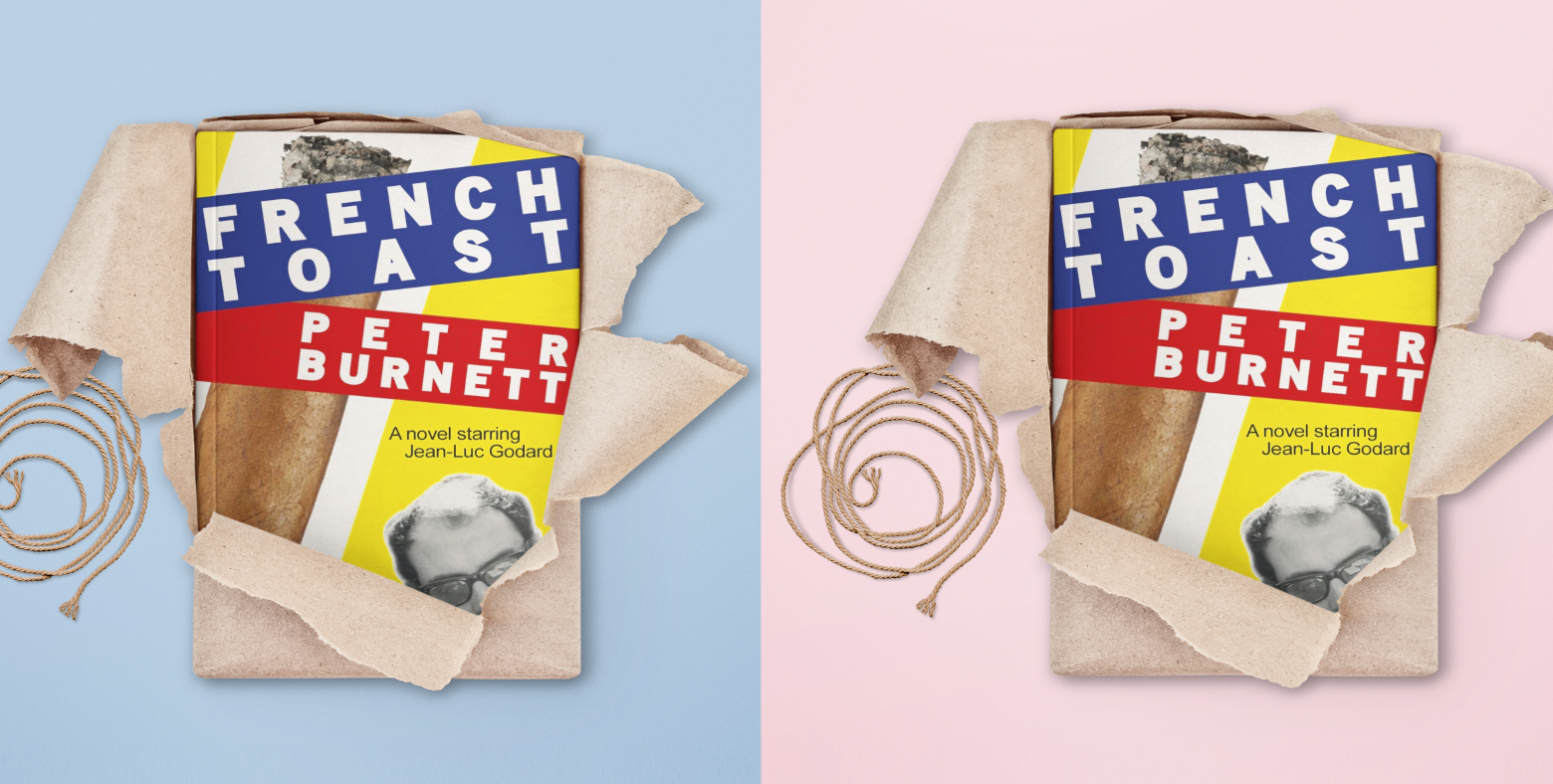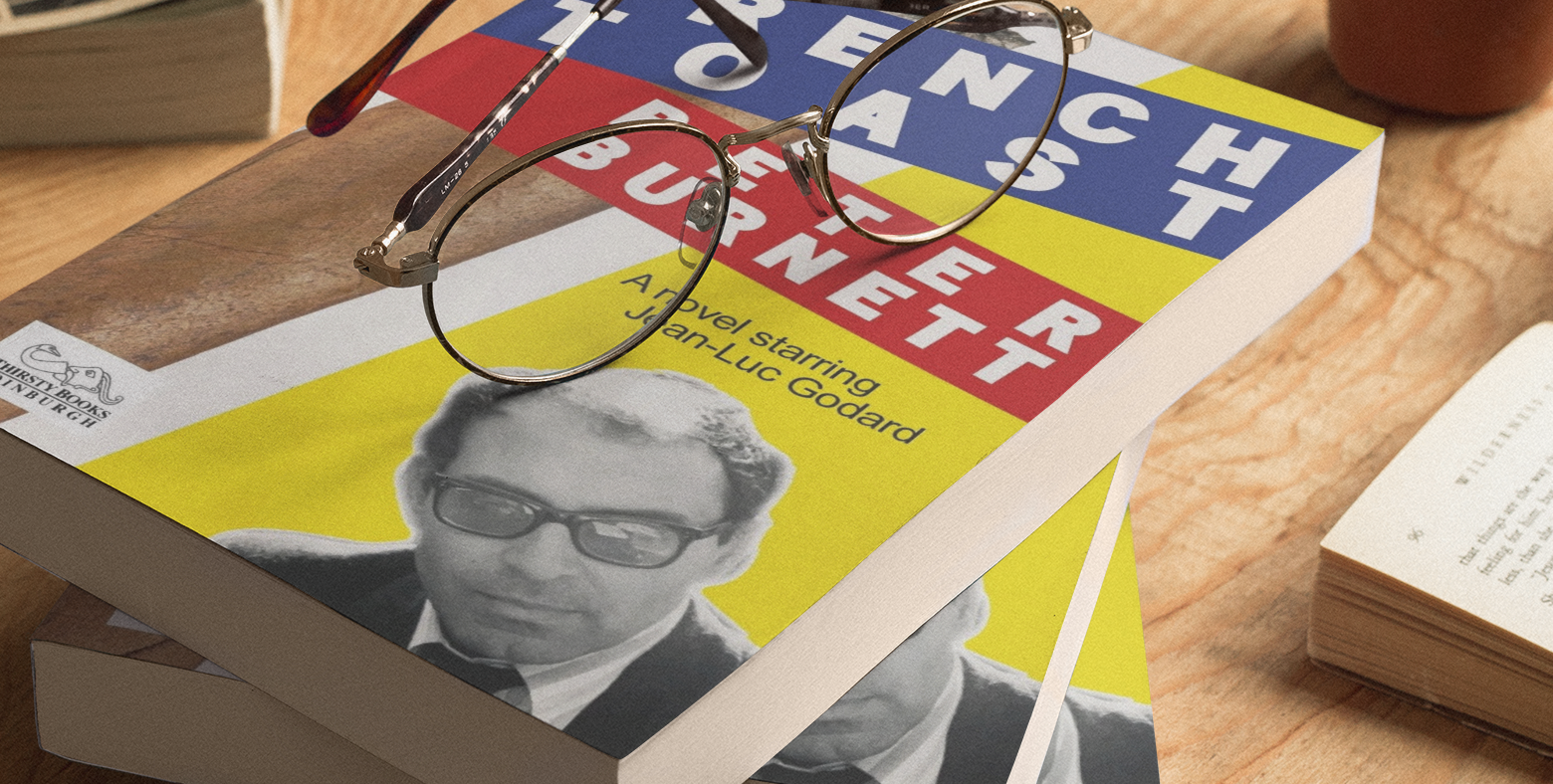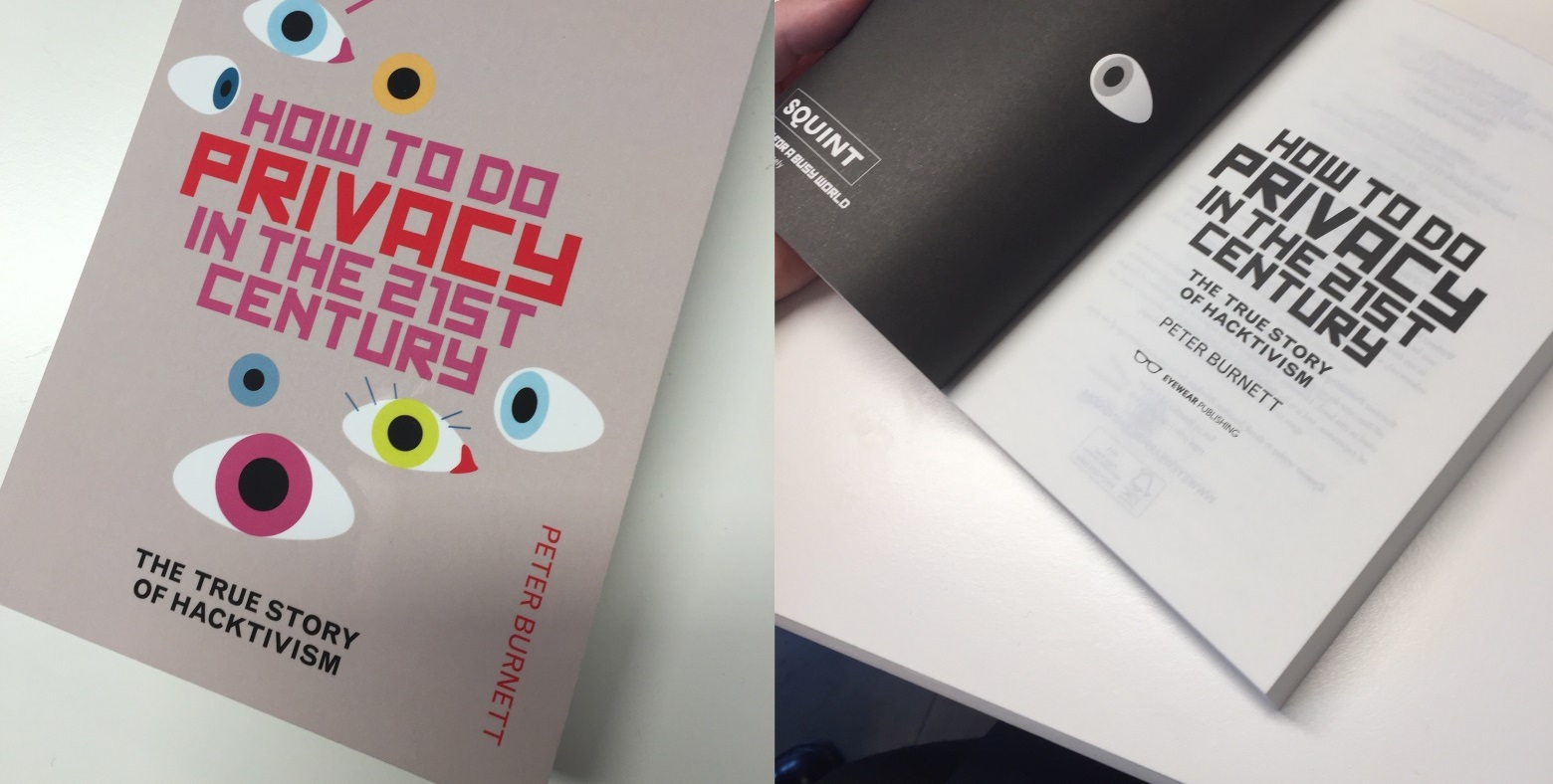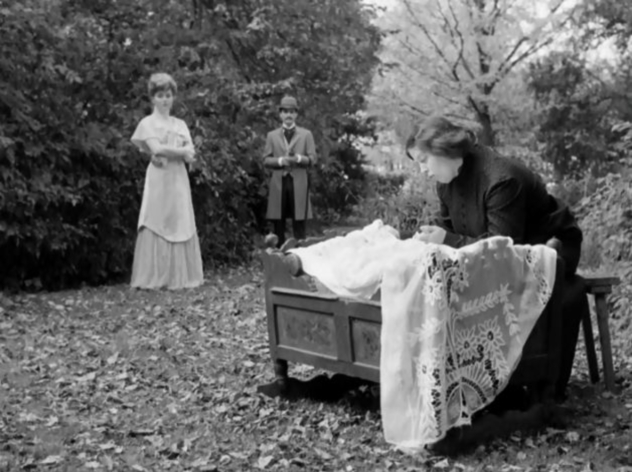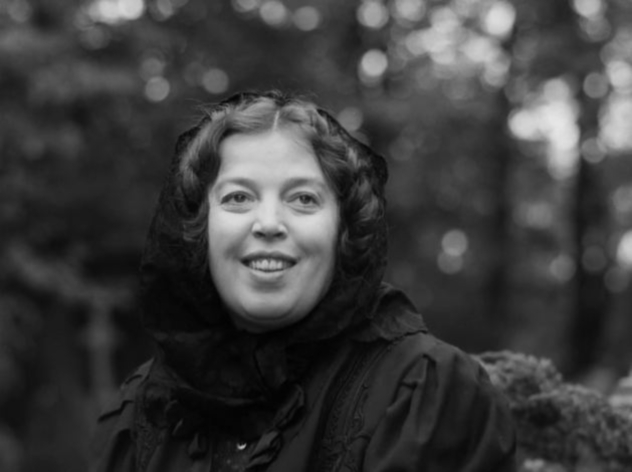I’m surprised Ursula Strätz isn’t in more Fassbinder films; certainly her looks and ability as a character actor would rank her alongside any of the other regulars. She would have always made a great counterpoint to Brigitte Mira, I thought, and her dafult expression is one of suich kindness that she would have been a perfect piece of clay for the Fassbinder film factory to toy with.
Fassbinder and Stratz had acted together before, and had played a peasant couple in a film by Reinhard Hauff, called Mathias Kneissl. This shot in Bavaria in 1971, and would be well worth seeing, and is the story of a legendary German poacher. Kneissl was a much sought after outlaw, eventually becoming soemthing of a revolutionary figure, as soemtimes happens. certainly he was much admired by the peasantry by the end of his life, despite mass amounts of stock rustling and so forth. It can happen to you if you decide to take on the property owning classes, I guess (Wikipedia entry here!) I would love to see the film sometime, especially because I really enjoy watching Fassbinder when he is acting in other people's productions.
If ghosts bring Effi to the graveyard, it is Catholicism, that starts to do the haunting. Roswitha is a grounding character; an affirmation of faith, and yet a lapsed and bad Catholic in her own words. A lover of children, who has lost respect for adults; and if Effi is supposed to be the ghost in the scene in which they meet – the graveyard – what is Roswitha? In black like that, surely not the Reaper?
Ursula Strätz is still one of the stars of this film; a face that at once speaks of tragedy and invites others to treat it as a doormat; and a distant look that is so suggestive of a past full of errors and regrets; quite brilliant. She is the primary warning for Effi of what is to come, and when Ursula Strätz tells her story, Effi of course barely listens, tinkering on the piano instead. Roswitha’s story however is one of social exclusion, shame and regret, everything Effi has to look forward to.
Yet Effi doesn’t listen, presumably because Roswitha is of a lower class, and accordingly her life is less relevant. In fact, Effi gives her a row for likening their situations. It makes of Ursula Strätz the pivot and the pinion of the piece.

